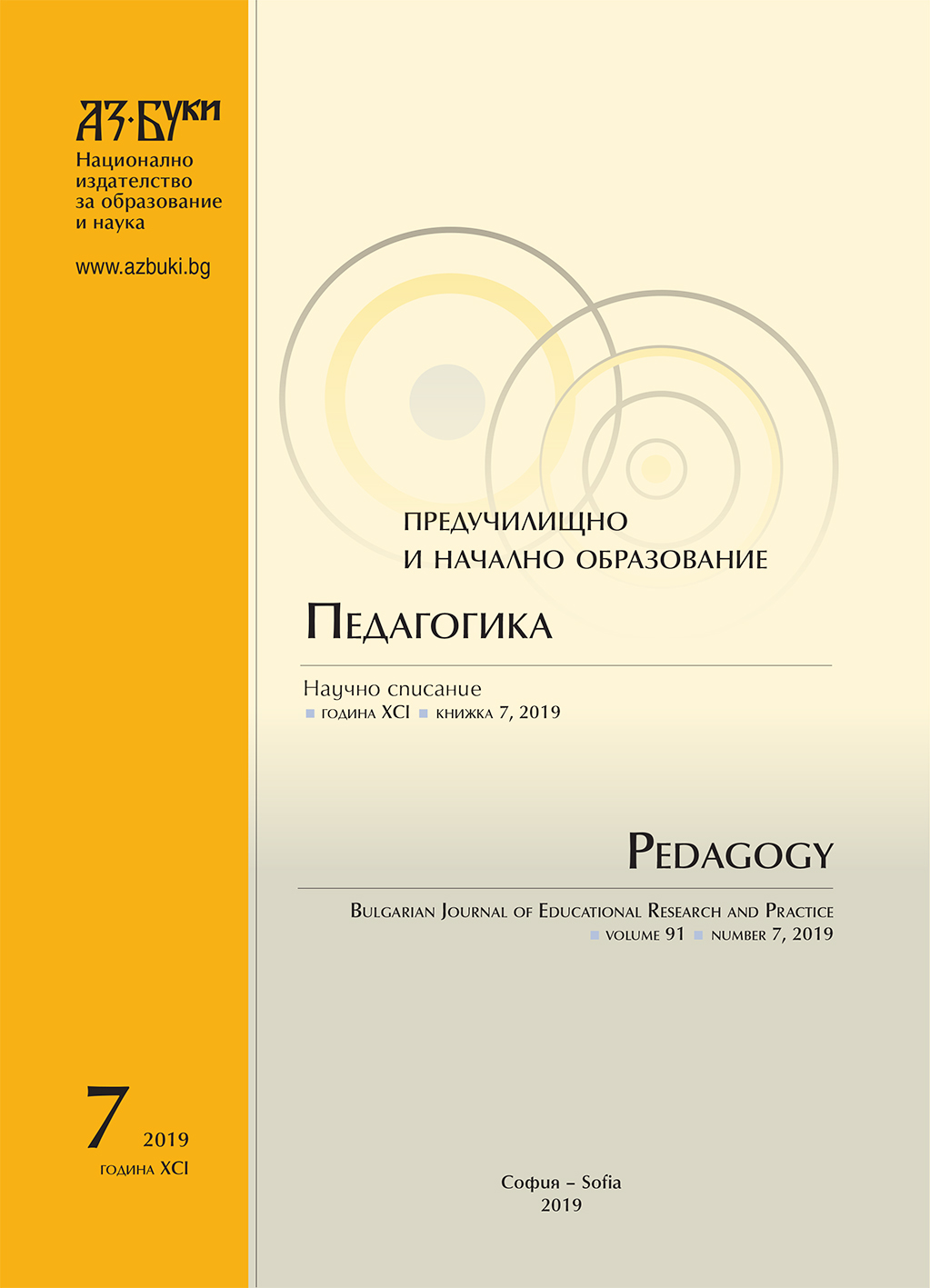The Pre-School Children’s Ability to Express their Emotions as a Predictor of Mother-Child Conflict
The Pre-School Children’s Ability to Express their Emotions as a Predictor of Mother-Child Conflict
Author(s): Ceyhun ErsanSubject(s): Social Sciences, Education, Sociology, Preschool education, Vocational Education, Adult Education, Higher Education , State/Government and Education, Evaluation research, Social development, Social differentiation, Family and social welfare, Human Ecology, Social Informatics, Sociology of the arts, business, education, Economic development, Social Norms / Social Control, Globalization, Inclusive Education / Inclusion, Sociology of Education, Identity of Collectives
Published by: Национално издателство за образование и наука „Аз-буки“
Keywords: pre-school children; emotions; emotional expression; mother-child relationship; mother-child conflict
Summary/Abstract: In this study, pre-school children (36 – 72 months) examined whether their ability to express their positive and negative feelings has a predictive effect on their level of conflict with their mothers. For this purpose, data were collected from the mothers of 594 children, who were educated in the kindergartens in Denizli province centre during the fall semester of 2017 – 2018. “Child Emotion Expressiveness Scale – Mother Form” was used to determine children’s ability levels of expressing their emotions and “Child-Parent Relationship Scale” was used to determine children’s levels of conflicts with their mothers. In the analysis of the data, the stepwise linear multiple regression analysis was used to learn power of the children’s ability to express their feelings of happiness, sadness, anger and fear in the prediction of their conflict levels with their mothers. Prior to the analysis, the suitability of the data set for regression analysis was examined in terms of the normality test, autocorrelation and multiple correlation problems, and the necessary assumptions were met. The findings of the study reveal that the children’s expressing their feelings of anger, sadness and happiness are significant predictors of motherchild conflict. In this context, the expression of anger feeling is a positive predictor of mother-child conflict, while expressing feelings of sadness and happiness are negative predictors of mother-child conflict. Finally, it has been seen that expressing fear has no predictive effect on the mother-child conflict.
Journal: Педагогика
- Issue Year: 91/2019
- Issue No: 7
- Page Range: 1017-1028
- Page Count: 11
- Language: English
- Content File-PDF

